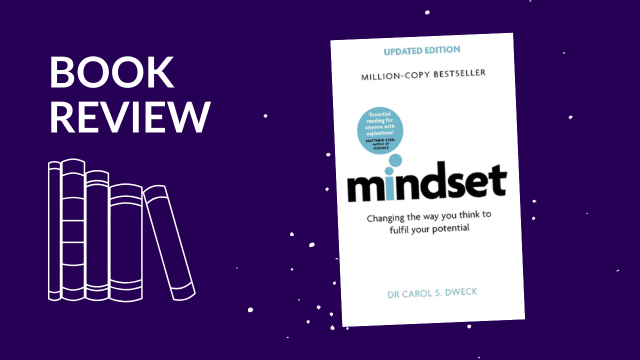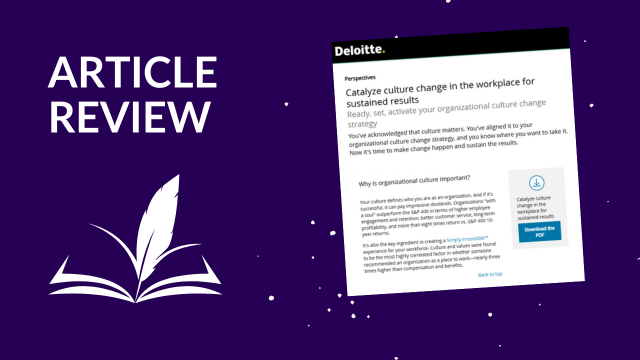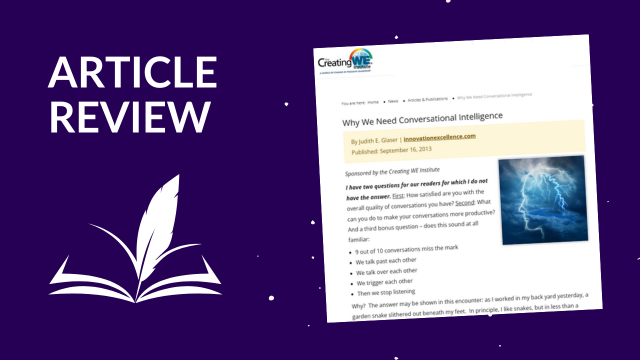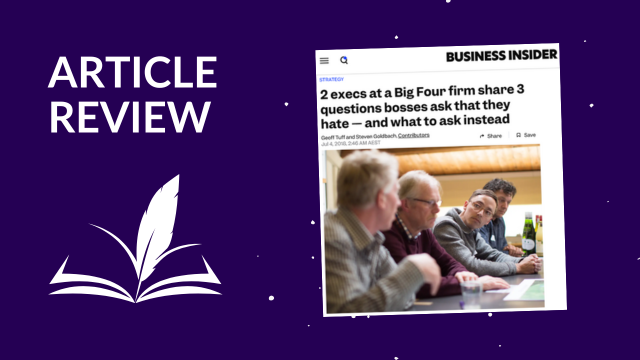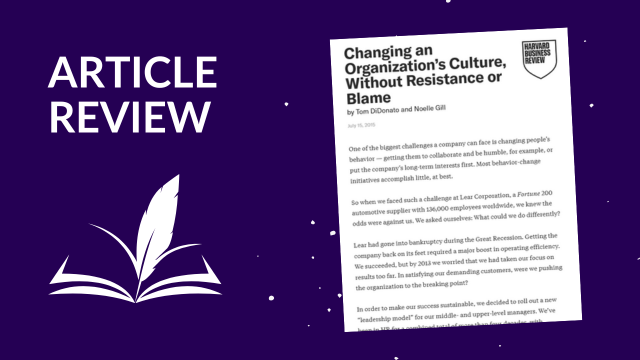Essential Insights for Growth and Change Practitioners
Mindset by Carol Dweck (2006) joins a short list of books that have, quite literally, changed my mind. The deceptively simple concept of Fixed versus Growth mindset is an incredibly powerful narrative tool to send a simple message: are you here to judge or to learn?
I was (and still am) sceptical about false dichotomies pitting one thing against another to identify one as better, but the author acknowledges early on that this simplification is only done for clarity’s sake. All of us humans have elements of both mindsets, even if some of us think we don’t. If you think you are the exception, you probably/maybe have a fixed mindset…
Because we spend so much time working with and thinking about people, this book is a must read for all change practitioners. I guarantee you’ll find yourself and people around you in the dozens and dozens of examples of fixed and growth mindset and what you can do to work to their strengths. Stakeholder engagement will never be the same again!
This book was a birthday gift and quite possibly one of the best gifts I ever got. To gain a set of novel perspectives on yourself and how you live in the world; try finding a wrapper big enough for that! As a person who has a lingering fear of not being perceived as smart or good enough (thanks 80’s and 90’s school system!), this book also gifted me the understanding of where this mindset comes from and how I can reframe it.
Its 270 pages and 8 chapters would normally take me six, maybe seven hours to read, but I found my mind wandering, taking notes, adding so many sticky notes to each page that the book ended up looking like a multi-coloured porcupine. Nearly every page has a great quote, provocative question or insightful reflection that stopped me in my tracks. I swear I could almost feel my mind change while reading.
Each chapter delves into a different aspect of life through the lens of mindset. Sports, business, relationships and everything else that makes us human. It asks really big questions. Why do we want to achieve things? Is it success or effort we should reward? How dangerous can praise be when delivered the wrong way? I for one will no longer congratulate people on being smart/intelligent, but rather praise their effort and hard work to get a result.
My favourites were chapter 3 on ability and accomplishment, because it explained so much about the child I was and the change practitioner I am today; chapter 5 on mindset and leadership in business, because it had helpful insights into why leaders do what they do; and the last few pages of chapter 8, where you get a simple 4-step plan to work towards a growth mindset. No 3-day workshop, no paywalled plans, 8 pages and a lifetime to get better every day.
The book shows its age in places and not all examples (Jack Welch, Tiger Woods, Meg Whitman, Jim Collins) have aged gracefully. And there are valid critiques of extrapolating small sample-size research done on children to adult behaviours.
All the same, as long as you can avoid the urge to start putting labels on people and treating them accordingly (which is very ‘fixed mindset’), this book is absolutely worth your time and might even change your mind as much as it did mine.

